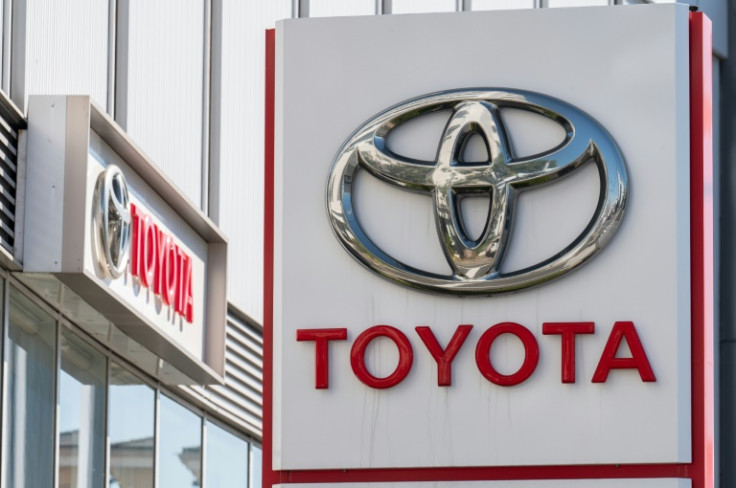Toyota Urges India To Cut Taxes On Hybrid Cars By As Much As 21%

KEY POINTS
- Toyota reportedly wrote a letter to the Indian government asking for taxes on hybrid cars to be reduced
- Taxes on petrol cars in India stand at 48%, while the taxes imposed on hybrid vehicles is at 43%
- The taxes imposed on Electric Vehicles (EVs) in India is only 5%
Japanese carmaker Toyota Motor is lobbying the Indian government to cut taxes on hybrid vehicles, saying these cars do not get the right policy treatment despite not producing as much pollution as petrol cars.
The company wants New Delhi to cut taxes on hybrid vehicles by 21%, Reuters reported, citing a company letter.
Taxes on petrol cars in India stand at 48%, while those imposed on hybrid vehicles is at 43%, the company noted. Meanwhile, the taxes on Electric Vehicles (EVs) is currently only 5% in India.
Toyota believes the 5-percentage-point differential between taxes on hybrid cars and petrol cars is "insufficient," considering the reduced emissions and better fuel consumption that hybrid vehicles offer their drivers.
The letter reportedly written on Sept. 20 by Toyota's India country head Vikram Gulati said the tax differential over petrol cars should be as much as 11 percentage points for hybrids and 14 points for flex-hybrids. Reuters reported that this would amount to a tax rate of 37% on hybrids and 34% on flex-hybrids.
"We would kindly request for a proportionate policy support," Gulati wrote.
International Business Times reached out to Toyota India, but did not immediately receive a comment on the matter.
Toyota has decades of experience making hybrid drive systems, with the Prius being the cutting-edge release for low carbon transport when it first came out in 1997. However, about two and a half decades later, Toyota has appeared reluctant to go all-in on EVs while competitors in India, like Tata Motors and Mahindra & Mahindra, are shifting the focus to their EV fleet.
Prime Minister Narendra Modi's government has provided a number of incentives to encourage consumers to shift to EVs, and also has initiatives to push companies into building EVs and batteries in the country.
Toyota, the world's largest automaker and the king of hybrid vehicles, was the preferred carmaker for environmentalists and eco-conscious drivers about two and a half decades back. But environmentalist groups and investors recently have been criticizing the carmaker for its slow progress in adding value to the supply chain and sales of zero-emission vehicles such as EVs and still focusing on gas-powered engines like the Prius.
The Japanese carmaker defends itself by saying markets are not ready for EVs due to the lack of infrastructure. Toyota has begun developing EVs, but the company says the most optimal way of reducing carbon emissions is through a mix of electrified and alternative energy options that include both EVs and hybrid vehicles.
© Copyright IBTimes 2025. All rights reserved.






















